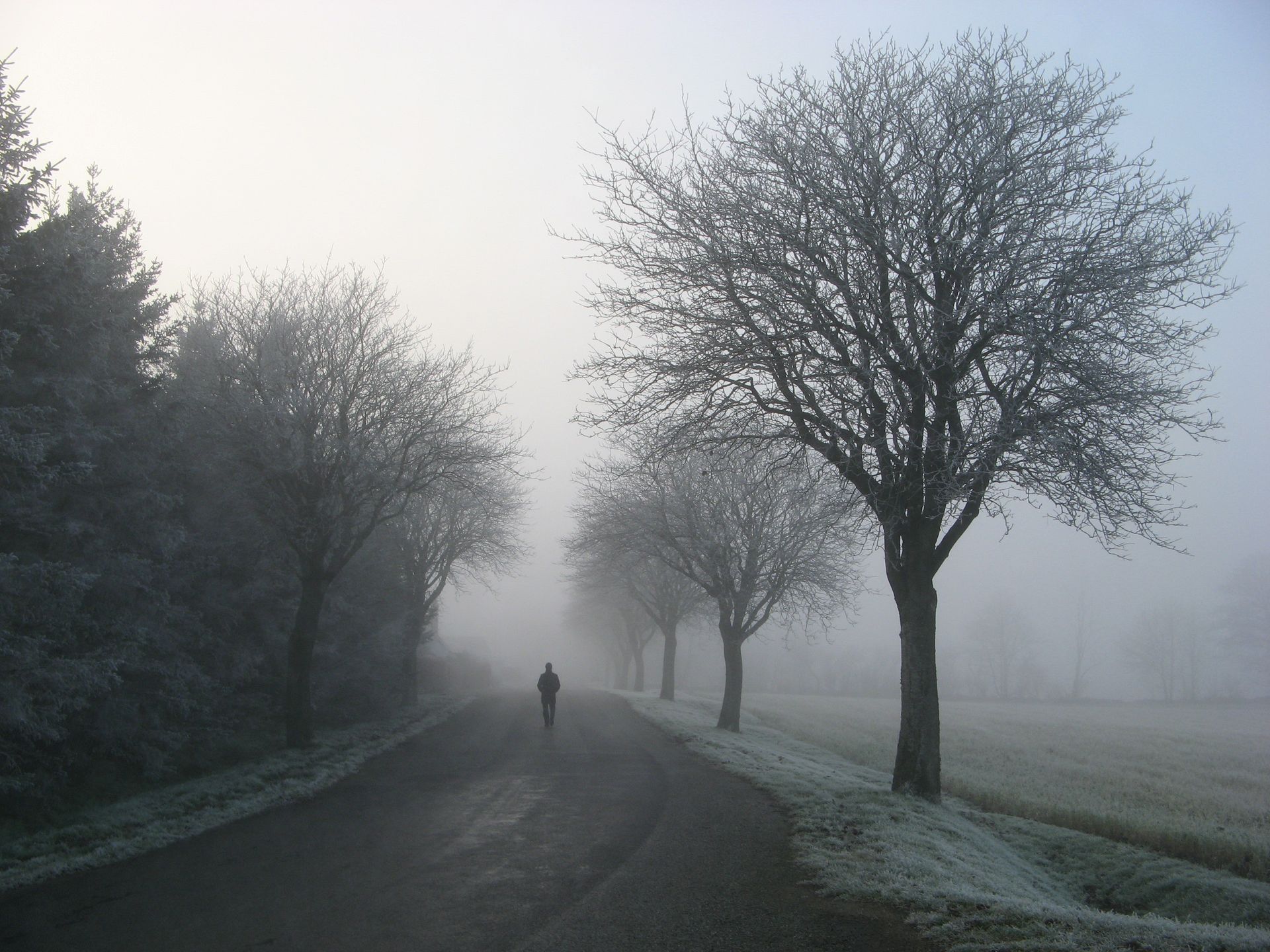Today it is our civic duty to be lonely. The mere term social distance instructs us to ignore a fundamental human need. We are settling into a new normal of working and resting in the same place, a new normal of taking self-help advice from social media and trying to convince ourselves that not being productive is acceptable.
We are told to set boundaries in our home for work and play. To use our beds for only sleep and our desks for only work. We are told to designate an exercise zone and a Netflix zone. And even though I think we each need to find routines that help us personally and that this advice often creates more guilt than just doing what works for you, it also ignores our loneliness.
There should be no reason to be any more lonely today than in the pre-pandemic world. Our jobs mandate video calls and friends of past lives reach out to join Zoom.
But we don’t designate a social zone. We set aside our government mandated one form of exercise our day, alone. And even though many of us talk to our friends just as much as before it became law not to, even though we remain face to face on video calls, even though we pay more attention when we are on the phone, we still feel worse about getting less work done than we do if we forget to call our friends.
We have been told that soon we will restart the economy. This fosters guilt for not doing things. The five million people who have never used the internet are ignored, and the vast majority of them are from the vulnerable groups demanded to isolate for the longest.
None of us have been taught what social hygiene is and none of have been given any hope of how lockdown could end. We discuss opening the economy, opening shops and bringing the nation back to work before we are given hope of being face to face with a real person.
Because as well as social contact through video calls, humans need food and water, mental stimulation and touch. Skin hunger is the phenomenon of missing human touch. It might a handshake with a distant relative, a hand on the shoulder from a colleague or a hug from a friend. A lack of human touch is a direct cause of depression. Tiffany Field of the Touch Research Institute reports sufferers being “withdrawn.” Pressure sensors in the skin trigger a decrease in blood pressure and stop cortisol from pumping.

In US prisons, solitary confinement has withdrawn inmates from touch for years. In a cell in New Jersey a prisoner is breaking her knuckles as she punches a concrete wall. Physical torture for a lady who had a life of mental pain. And days later when Lydia Thornton from two cells down instinctively reached out to touch her bruises, the girl cried. Not from pain.
“No, you don’t understand. That’s the first time I’ve been touched by anyone - other than by force - in two years.”
Every day 80,000 to 100,000 inmates are in solitary confinement. In no touch torture. Now billions face a similar reality.
It is a crisis caused by demand for productivity. For the acceptance that video calls on your sofa and study in your kitchen is the best way to ‘stay sane’ in lockdown. For advice that tells us not to watch Netflix in bed. As if this is what is causing millions of new sufferers of depression.
None of us are following social hygiene because none of us know what it is. Before we open restaurants, restart sports, plays, clubs and bars, we have to find a way to end isolation from touch. Find ways for grandmothers to meet their newborn grandchildren.
Social distance can be mitigated but physical distance can not. We can use this opportunity to learn what life is like for millions of the truly lonely, those with no-one to touch even at the end of this pandemic. Those who are really alone.
We have been educated how to make a face mask and shop with distance. We have not been taught how to survive without touch.
